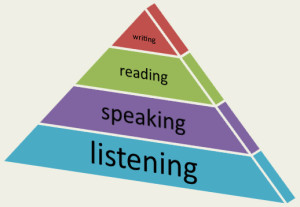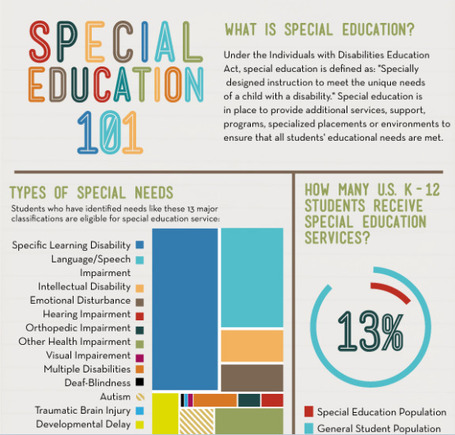Whether your child is in private therapy or is getting services in a school or via, say, your local Early Intervention (EI) program, it is always a good idea to use the resources around you to maximize your child’s therapy gains. Unless your child is very young or home-schooled, he or she is going to spend a huge amount of time in school. This post is dedicated to the notion that therapy and the activities of daily life of your child, here school, don’t have to be so separate. Use the tips provided below to maximize the gains your child can make in speech therapy. Think of it as leverage for your time. You only have a limited amount of time with your speech therapist, and yet so much time outside of therapy. Applied consistently, these simple principles can perhaps double the value of your therapy.
Helping my Child with Speech Therapy: Private or School-Based
Parents' CornerIn a recent blog post, “I Think my Child Needs Speech Therapy – Now What?”, I outlined the process of securing speech and language therapy services for your child. But let’s say your child has just begun or has been in therapy for some time? What then? Do you find yourself wondering, “how should I be helping my child with speech therapy?” This post is dedicated to providing tips for parents on how to maximize the services they are already receiving. Whether your child is receiving school-based or private therapy, there are many things a parent can do to empower themselves and ultimately, to make therapy more efficient.
[Photo: skyseeker, CC]
6 Things To Expect from Speech Therapy at School
Parents' Corner School Speech Disorders Speech Therapist Speech Therapy for KidsYour child has a speech impediment and is scheduled to begin kindergarten in the fall. Like most parents, you are filled with excitement about the upcoming year. For parents whose children have speech disorders, the excitement can be coupled with anxiety about how the other children in the class will react to your child’s speech impediment and how well your child will learn in a classroom setting. As we mentioned in our previous blog, research has shown that children with speech disorders are more likely to be the target of bullying and teasing. What can you do to help prepare your child, teacher, and your child’s class? You can start by addressing the issue with your school’s Speech- Language Pathologist. An on-site, school SLP is an excellent resource for parents to help prepare their child with language and confidence-building skills for the school year.
Help! My Child Doesn’t Qualify for Speech Therapy in School
Individualized Education Program (IEP) Language Development Reading School Speech Therapist Speech Therapy Techniques State Resources
What Can I Do To Help My Child?
It can be one of the most frustrating things that a parent can face – believing that his or her child needs help and not knowing how to provide it. If your child is struggling with speech or communication issues but the school has said he or she doesn’t qualify for speech therapy at school, there are still several options you can use to help your child. Other options within the school, private SLPs, at-home activities, and other professional services can all be of help to your child’s communication development. Continue reading
What Can We Expect from Speech Therapy in School?
Individualized Education Program (IEP) School Speech Therapist Speech Therapy Techniques State Resources
Your child is starting speech therapy in school. But what exactly does this mean? The type of services your child will receive in school will depend on many factors. These include your child’s age, the type of speech disorder that has been diagnosed, other learning delays or disabilities, the structure of your child’s school, and more. The two basic forms of speech therapy in schools include in-class (sometimes referred to as push-in services) and separate services (sometimes also known as pull-out services). There are also other forms of assistance that speech-language pathologists can offer to your child. Continue reading





